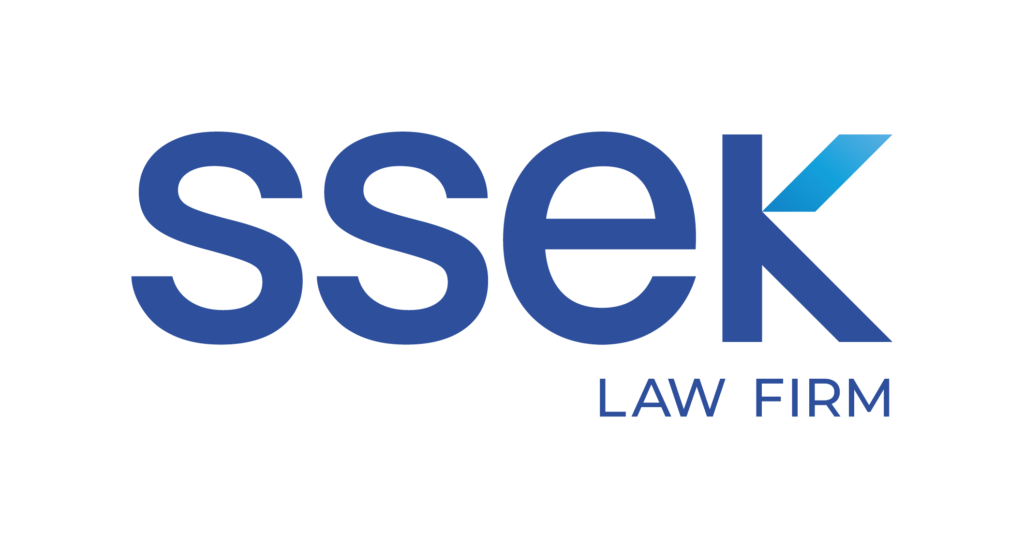Indonesia has ratified the 1972 International Regulations for Preventing Collisions at Sea, by way of Presidential Decree No. 50 of 1979, but has not ratified the Convention for the Unification of Certain Rules of Law with respect to Collisions between Vessels. Liability in the event of ship collisions is also regulated by the Indonesian Commercial Code (ICC).
Article 535 of the ICC provides that, if a vessel collision occurs due to an accident or an act of force majeure, or if there is doubt concerning the cause of the collision, damages shall be borne by those who have suffered losses. Pursuant to Article 536 of the ICC, if a vessel collision is the fault of one of the colliding vessels, the damages shall be borne by the vessel entrepreneur (pengusaha kapal) who has committed the fault.
As stated in Article 537 of the ICC, if a vessel collision occurs due to the fault of both colliding vessels, the liability of each party will be proportionate to the fault committed. A judge appointed by the party claiming indemnity will establish the extent of this liability. If the judge fails to establish the extent of the liability, the proportion of liabilities will be equal for both parties.
Indonesia has not yet ratified the 1989 International Convention on Salvage or any other protocols or conventions on salvage. It has enacted Ministry of Transportation (MOT) Regulation No. 71 of 2013 regarding Salvage and/or Underwater Works, as last amended by MOT Regulation No. 38 of 2018 regarding the Second Amendment of MOT Regulation No. 71 of 2013 regarding Salvage and/or Underwater Works. This regulation provides that loss or damage to the skeleton of ships and their goods is the liability of the ship’s owner, as are any fees that arise.
Excerpted from the Shipping 2024 Chambers Global Practice Guide, published by Chambers and Partners.
Find Shipping 2024: Indonesia here.
This publication is intended for informational purposes only and does not constitute legal advice. Any reliance on the material contained herein is at the user’s own risk. All SSEK publications are copyrighted and may not be reproduced without the express written consent of SSEK.







